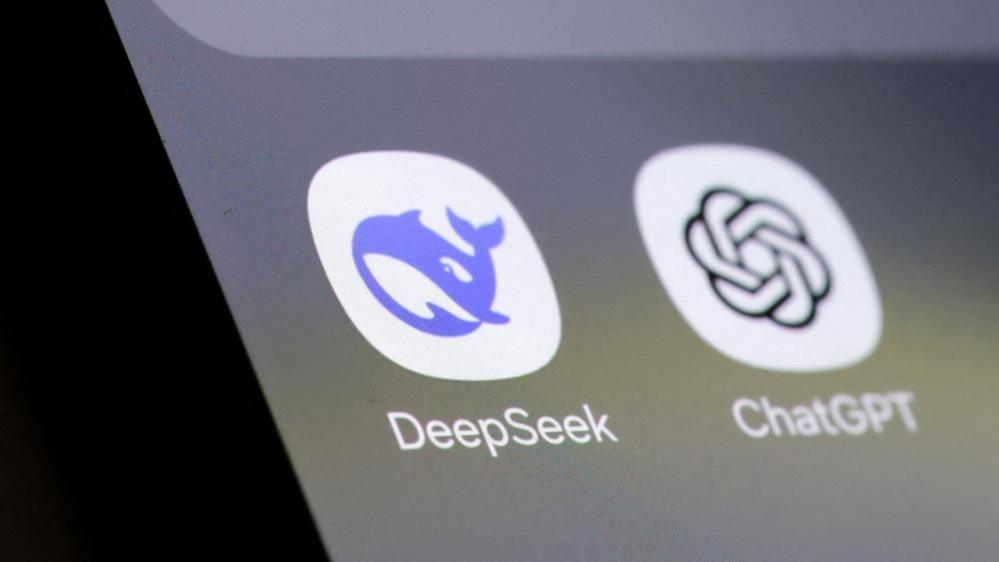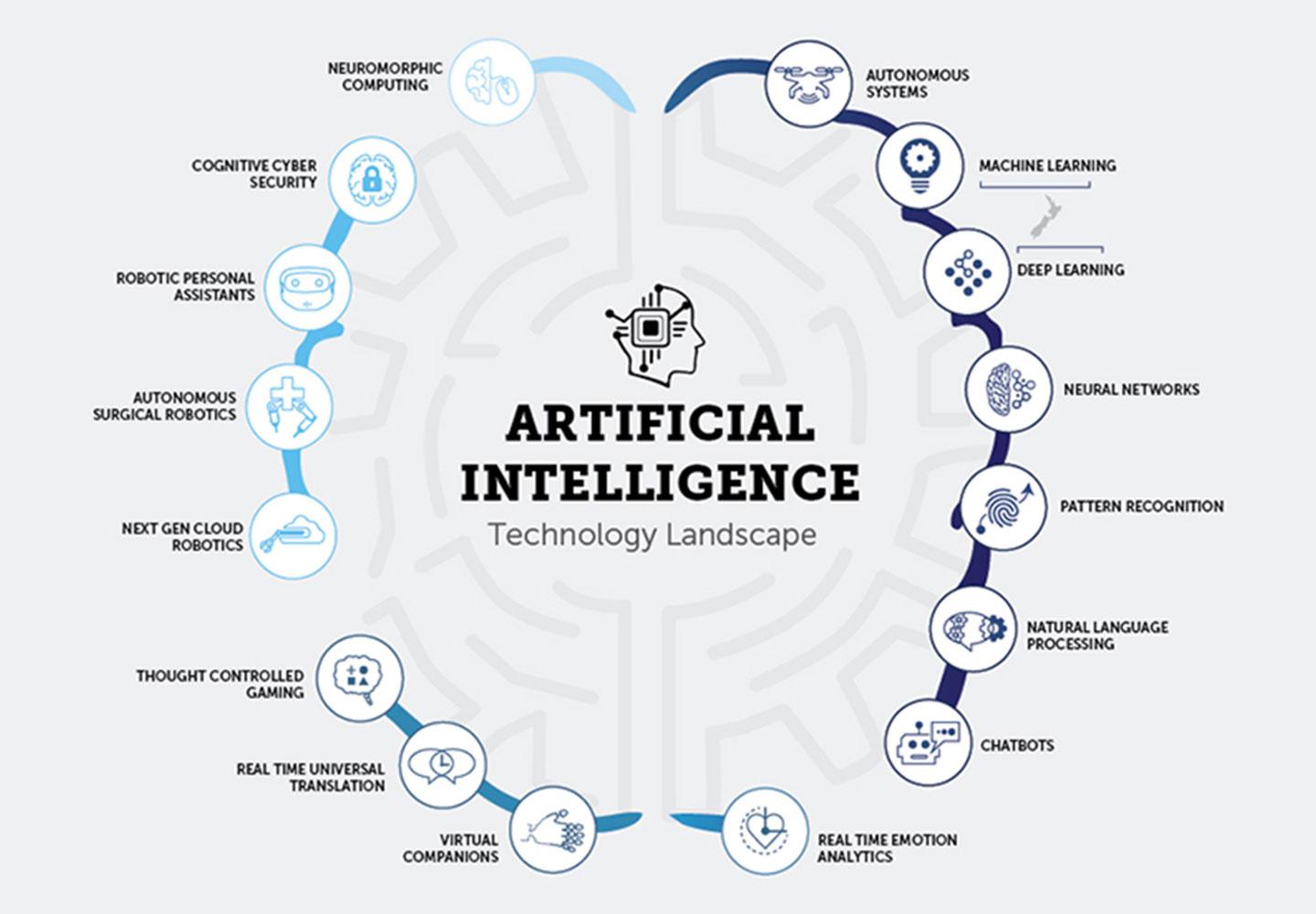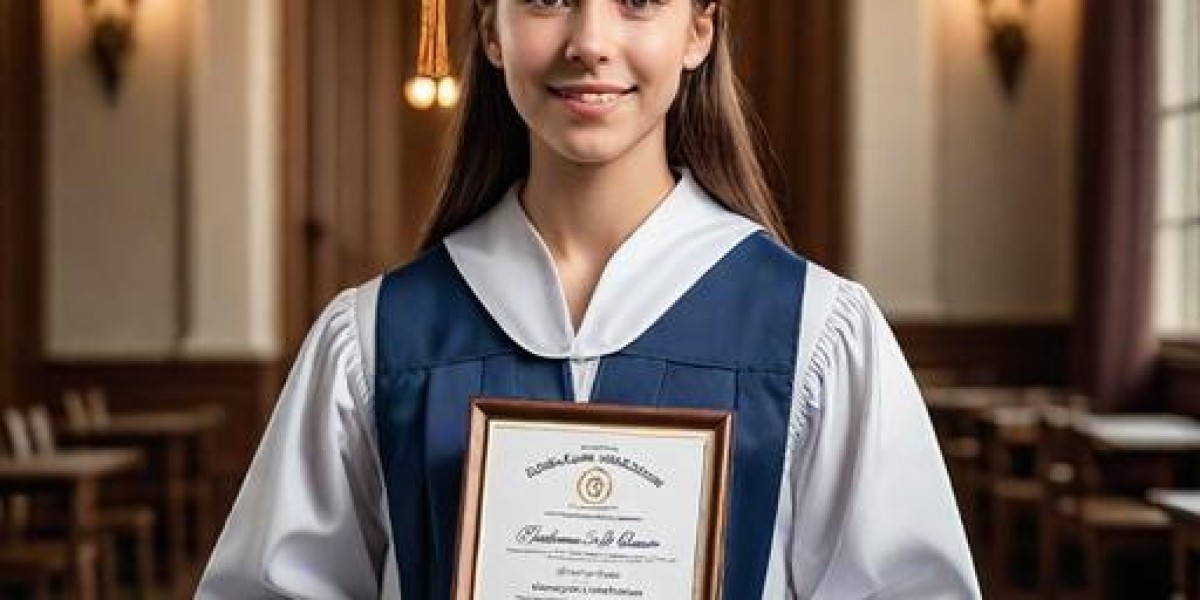OpenAI and the White House have accused DeepSeek of using ChatGPT to cheaply train its brand-new chatbot.
- Experts in tech law state OpenAI has little recourse under intellectual residential or commercial property and agreement law.
- OpenAI's terms of use might apply however are largely unenforceable, they state.
This week, OpenAI and the White House implicated DeepSeek of something comparable to theft.
In a flurry of press statements, they stated the Chinese upstart had actually bombarded OpenAI's chatbots with queries and hoovered up the resulting information trove to quickly and cheaply train a design that's now almost as great.
The Trump administration's leading AI czar said this training process, photorum.eclat-mauve.fr called "distilling," amounted to copyright theft. OpenAI, on the other hand, accc.rcec.sinica.edu.tw told Business Insider and other outlets that it's examining whether "DeepSeek may have wrongly distilled our models."
OpenAI is not stating whether the company prepares to pursue legal action, rather assuring what a representative termed "aggressive, proactive countermeasures to safeguard our innovation."
But could it? Could it take legal action against DeepSeek on "you stole our content" grounds, bphomesteading.com just like the premises OpenAI was itself took legal action against on in a continuous copyright claim submitted in 2023 by The New York City Times and other news outlets?
BI posed this concern to professionals in innovation law, who said challenging DeepSeek in the courts would be an uphill struggle for OpenAI now that the content-appropriation shoe is on the other foot.
OpenAI would have a tough time showing an intellectual property or copyright claim, these attorneys said.
"The concern is whether ChatGPT outputs" - implying the answers it generates in response to inquiries - "are copyrightable at all," Mason Kortz of Harvard Law School said.
That's due to the fact that it's unclear whether the responses ChatGPT spits out certify as "imagination," he stated.
"There's a doctrine that states innovative expression is copyrightable, but realities and concepts are not," Kortz, who teaches at Harvard's Cyberlaw Clinic, said.
"There's a big question in copyright law today about whether the outputs of a generative AI can ever make up creative expression or if they are always vulnerable truths," he included.
Could OpenAI roll those dice anyhow and declare that its outputs are protected?
That's not likely, utahsyardsale.com the lawyers said.
OpenAI is already on the record in The New York Times' copyright case arguing that training AI is an allowed "reasonable use" exception to copyright protection.
If they do a 180 and inform DeepSeek that training is not a reasonable use, "that might return to type of bite them," Kortz said. "DeepSeek could state, 'Hey, weren't you simply saying that training is reasonable usage?'"
There might be a difference in between the Times and DeepSeek cases, Kortz included.
"Maybe it's more transformative to turn news posts into a design" - as the Times accuses OpenAI of doing - "than it is to turn outputs of a model into another design," as DeepSeek is said to have actually done, Kortz stated.
"But this still puts OpenAI in a pretty challenging circumstance with regard to the line it's been toeing concerning reasonable use," he added.
A breach-of-contract claim is most likely

A breach-of-contract lawsuit is much likelier than an IP-based lawsuit, though it comes with its own set of issues, said Anupam Chander, who teaches technology law at Georgetown University.
Related stories

The regards to service for Big Tech chatbots like those established by OpenAI and Anthropic forbid using their content as training fodder for a competing AI model.
"So perhaps that's the claim you might potentially bring - a contract-based claim, not an IP-based claim," Chander said.

"Not, 'You copied something from me,' however that you took advantage of my design to do something that you were not enabled to do under our contract."
There might be a hitch, Chander and Kortz stated. OpenAI's regards to service require that the majority of claims be fixed through arbitration, not claims. There's an exception for claims "to stop unauthorized usage or abuse of the Services or intellectual home infringement or misappropriation."
There's a larger hitch, however, specialists stated.

"You ought to know that the brilliant scholar Mark Lemley and a coauthor argue that AI regards to use are most likely unenforceable," Chander said. He was describing a January 10 paper, "The Mirage of Artificial Intelligence Terms of Use Restrictions," by Stanford Law's Mark A. Lemley and Peter Henderson of Princeton University's Center for Information Technology Policy.
To date, "no model creator has really attempted to implement these terms with monetary charges or injunctive relief," the paper says.
"This is likely for excellent factor: we believe that the legal enforceability of these licenses is doubtful," it adds. That's in part due to the fact that design outputs "are mainly not copyrightable" and due to the fact that laws like the Digital Millennium Copyright Act and the Computer Fraud and Abuse Act "deal limited recourse," it says.

"I think they are most likely unenforceable," Lemley informed BI of OpenAI's regards to service, "due to the fact that DeepSeek didn't take anything copyrighted by OpenAI and due to the fact that courts generally won't impose contracts not to compete in the lack of an IP right that would prevent that competition."
Lawsuits between parties in different nations, each with its own legal and enforcement systems, are constantly challenging, Kortz said.
Even if OpenAI cleared all the above hurdles and shiapedia.1god.org won a judgment from a United States court or arbitrator, "in order to get DeepSeek to turn over cash or stop doing what it's doing, the enforcement would come down to the Chinese legal system," he said.
Here, OpenAI would be at the mercy of another very complicated area of law - the enforcement of foreign judgments and the balancing of specific and business rights and national sovereignty - that extends back to before the starting of the US.
"So this is, a long, complicated, stuffed procedure," Kortz included.
Could OpenAI have secured itself better from a distilling incursion?

"They might have used technical procedures to block repeated access to their website," Lemley stated. "But doing so would also disrupt regular clients."
He added: "I don't think they could, or should, have a legitimate legal claim against the browsing of uncopyrightable information from a public site."
Representatives for DeepSeek did not right away react to a request for comment.
"We understand that groups in the PRC are actively working to utilize techniques, including what's called distillation, to try to replicate innovative U.S. AI models," Rhianna Donaldson, an OpenAI representative, told BI in an emailed declaration.








